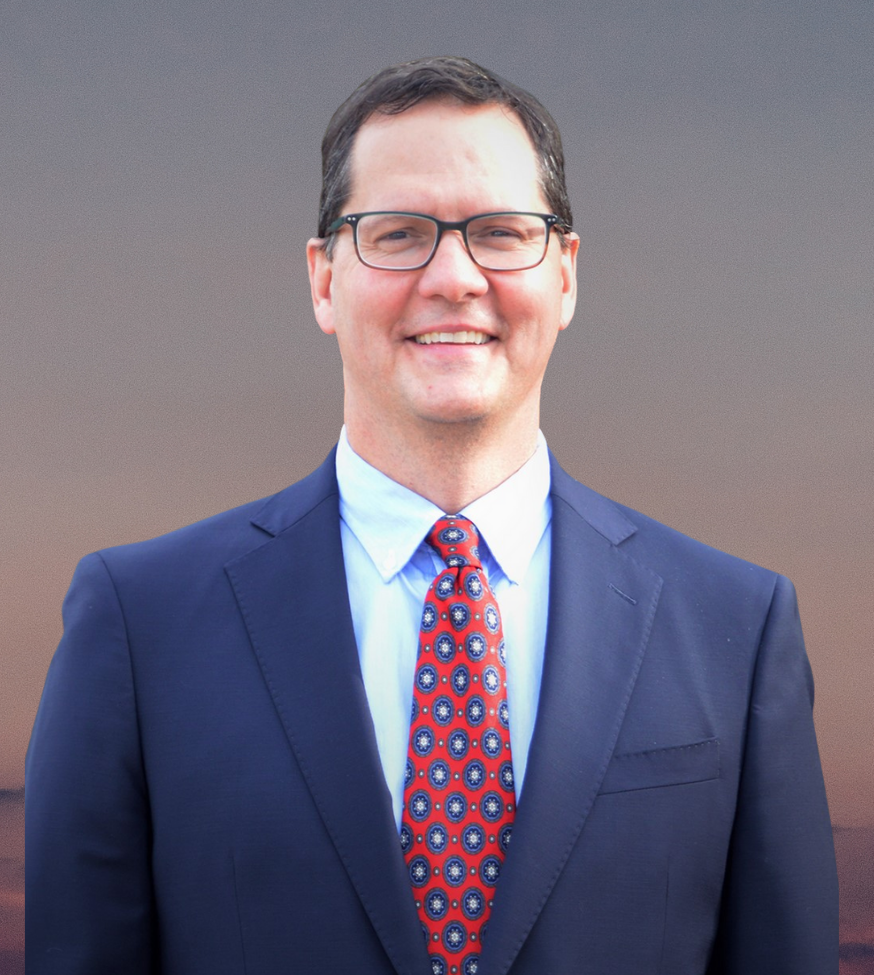Macon, Georgia is lush and green with its trees. Trees are majestic and beautiful, and they give life… but they also take it… Not intentionally. But more than 100 lives are taken annually throughout the U.S. due to trees. They do not kill when they stand tall, rather they become deadly when they fall, whether just a limb or the whole tree. Many lives have been taken in Georgia, including this spring when a 15-year old girl was killed. She was camping at a park and the tree to which her hammock was attached snapped and fell on her. She suffered a fractured skull and spinal injuries and later died at a hospital.
Some, however, live to tell their horrific story. That’s the case of another Georgian woman from Savannah who suffered brain injury and a severed leg. She was in the passenger seat of a truck on Bee Road and 42nd Street when a tree limb fell on the truck. She and her family sued the city and won a $12 million verdict in 2013. The City of Savannah subsequently appealed but settled by the end of 2013 for a $9.5 million settlement. Our own firm is involved in a very serious injury case in Savannah that involves a tree that blocked vision at an intersection.
Though these tree-related incidents took place in the wild or on public property, there are a number of tree-related accidents that take place on private property. The government is not the only agency that can be held responsible for accidents related to trees. We are in the middle of hurricane season, and though Macon, Georgia does not get hit as hard as coastal Georgia, the rains can hit us pretty hard, and trees can fall in a backyard neighboring another property just as well as it can fall in a public park. Who’s responsible when these fallen trees often seem to be “an act of nature”? You might not think this is a question of negligence, but it can be, and if so, you can be held liable. Or, on the contrary, if you are a victim of a neighbor’s tree, you can have an actionable claim.
Fallen Tree Responsibility
Georgia law generally treats trees in more populated areas differently than trees in rural areas. This law, pertinent only to urban homeowners or landowners and not rural landowners, applies the “visibly dead or diseased” rule to trees that have fallen. If a tree on a person’s property falls and causes property damages, bodily injuries, and/or death, the owner of the tree is responsible for all damages if there were visible signs that the tree was dead, dying or diseased that should have been found by a reasonable exterior inspection. On the other hand, if the tree was healthy and there were no signs of decay, then the owner might not be held accountable.
It should be pointed out, therefore, that it does not matter how the tree falls, whether due to a storm or other reason, so long as it showed signs of decay or disease, but was kept up rather than chopped down, the owner is likely responsible for any property damage, bodily injuries, and all the expenses associated with repairs and recovery emanating from those damages. Of course, every case depends upon its own unique facts, so these are generalizations only meant to give you an idea of the legal rules.
Your Duty as a Landowner/Homeowner
Essentially, what this means for urban homeowners and landowners: you owe a duty to your neighbors and to visitors on your property. This duty obligates you to act reasonably to find and remove trees on your property that are dead, dying, or diseased. This duty, however, generally does not apply to (1) trees that are healthy; or (2) trees that are not healthy but show no visible signs of disease or decay.
Under certain circumstances, if a duty is breached, you may have the right to recover for damages caused by a fallen tree. These kinds of accidents happen quickly, but the consequences are life-changing.

